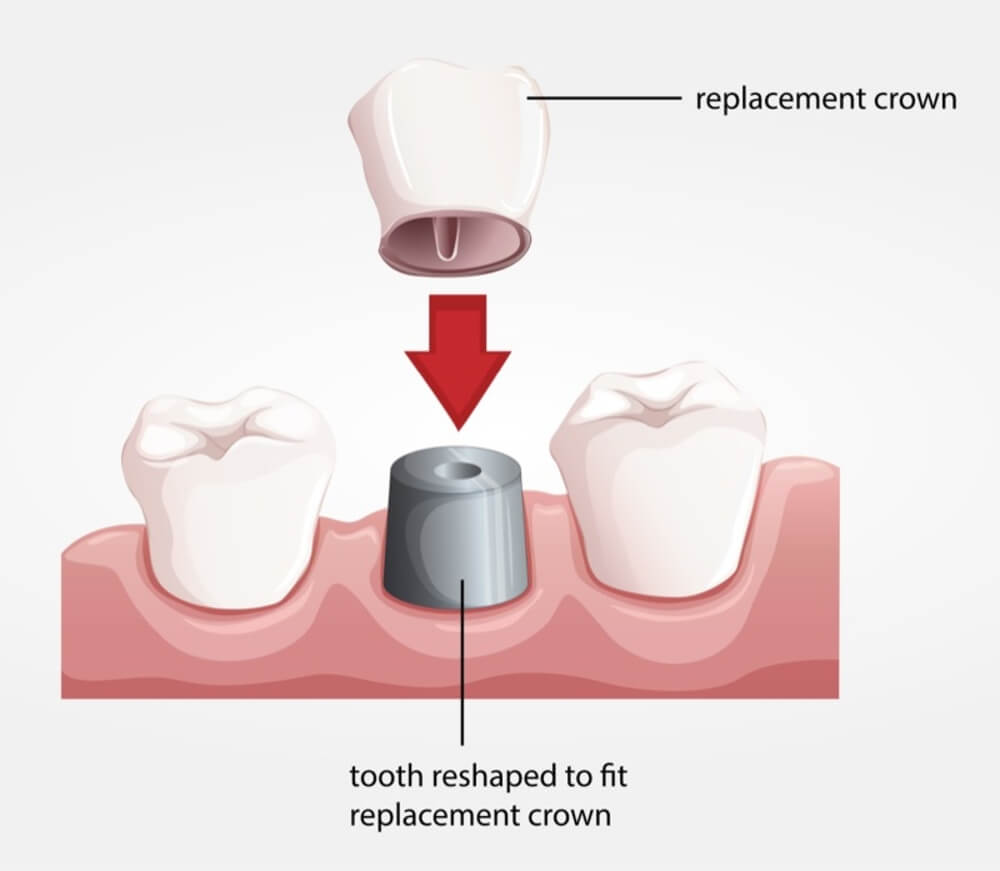What is Causing Tooth Sensitivity? Causes, Symptoms, Treatments
What Can You Do About Tooth Sensitivity?
Around 45 million people in America deal with tooth sensitivity, which is a condition characterized by pain or tingling in one or more teeth. Tooth sensitivity occurs when dentin, the area of the tooth that keeps the nerve covered, is exposed. This may occur due to gum recession or enamel loss.
What causes sensitive teeth all of a sudden?
Tooth sensitivity is caused by worn tooth enamel or exposed nerves in your teeth. When you eat or drink something with an extremely low or high temperature, you may feel a sudden, sharp flash of pain.

Brushing Your Teeth Too Vigorously
One common cause of tooth sensitivity is brushing teeth too vigorously or brushing with a toothbrush with hard bristles. If you continue to brush vigorously or with bristles that are too hard, you’ll eventually wear down your teeth’ protective layers, explosive the canals that lead to the nerves of your teeth. This results in discomfort and sensitivity. To reduce the problem, brush gently and make sure that you’re using a soft-bristled toothbrush.
Grinding Your Teeth
If you grind your teeth, it could be causing problems with tooth sensitivity. When you grind your teeth, it wears down tooth enamel, which results in exposing the dentin. The dentin, which is the middle layer of your tooth, contains the canals that lead directly to the nerves of the teeth. You may want to ask your dentist about a mouth guard that you can wear to prevent grinding. While you can purchase over-the-counter mouthguards, the best options are ones that are custom-made to fit your mouth.
Consuming Acidic Foods and Drinks
If the canals to the nerves of your teeth are already exposed, eating acidic foods may cause you pain. Some acidic foods that may result in pain include pickles, lemons, tomato sauce, kiwi, and grapefruit. Try to avoid foods that cause pain when you eat them.
Excessive Plaque
It’s important to brush and floss after you eat to eliminate the plaque that builds up after eating. If you have excessive plaque buildup, it may cause tooth enamel to wear away. As your teeth lose the protection of the enamel, they become more sensitive. By using good daily dental hygiene and heading to your dentist for regular cleanings, you should be able to prevent or treat this problem.
Gum Disease
Tooth sensitivity may be caused by receding gums, which is a problem that’s very common as people grow older. If your tooth sensitivity is due to gum disease, a dentist may be able to treat the gum disease to help reduce the sensitivity. A procedure used to seal your teeth may be also used to help reduce your problems with tooth sensitivity.
Decay Around Fillings
Unfortunately, over time, it’s possible for old fillings to fracture, leak, or weaken around the edges. This makes it easy for bacteria to accumulate in these small areas. This often results in the buildup of acid, causing enamel breakdown. If you notice sensitivity around your fillings, talk to your dentist. It’s often quite easy to have old fillings replaced.
A Cracked Tooth
In some cases, a cracked or chipped tooth may be causing tooth sensitivity. If you notice that the pain in a tooth is more severe than your normal sensitivity pain, make sure that you see a dentist. A dentist will decide whether you need a tooth extraction, a cap, or another type of treatment.
No matter the cause of your sensitivity, this problem can be treated effectively. In many cases, toothpaste designed for sensitive teeth may provide relief. However, if this toothpaste doesn’t prove effective, talk to your dentist. Other treatments are available that may offer relief, such as fluoride gel treatments. Every case is different, and finding the cause of your tooth sensitivity will help the dentist come up with the best solution for your unique situation.



